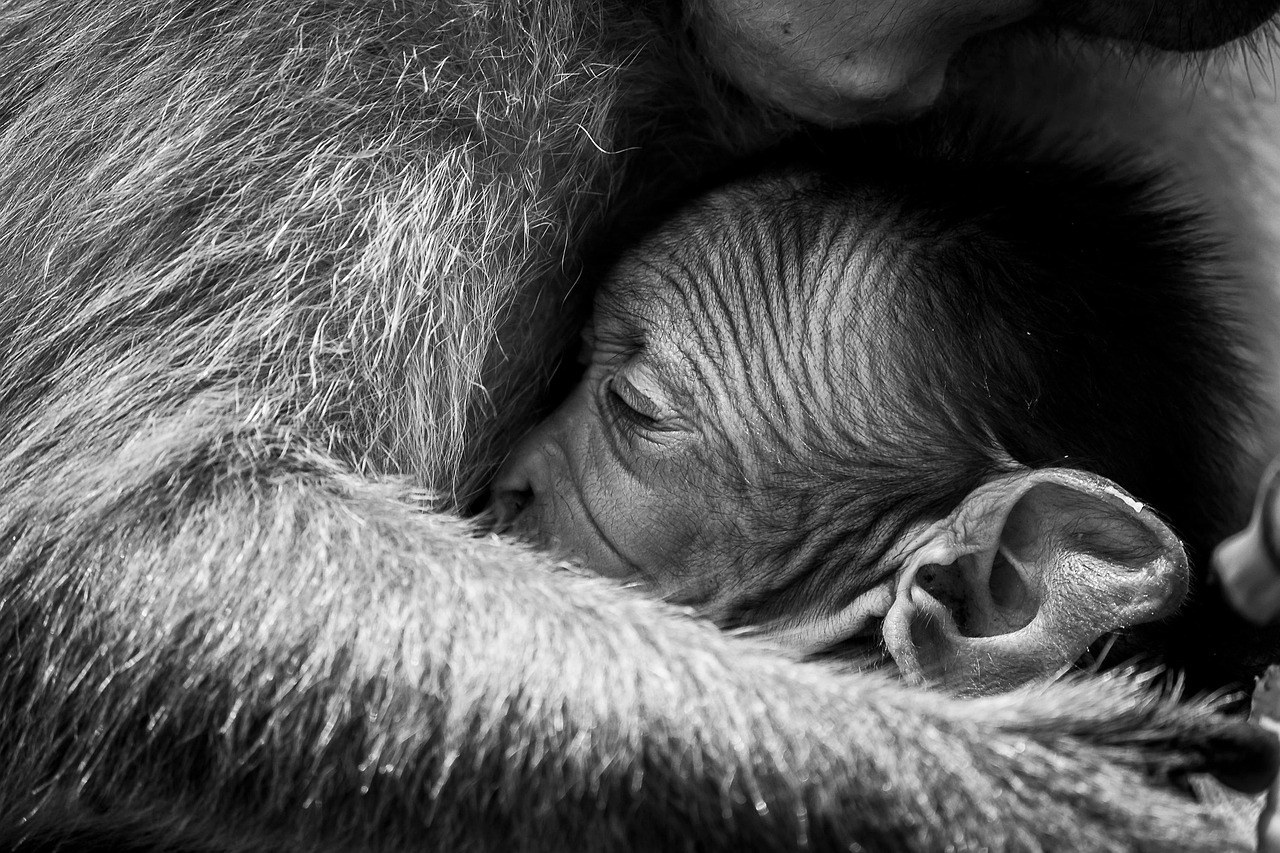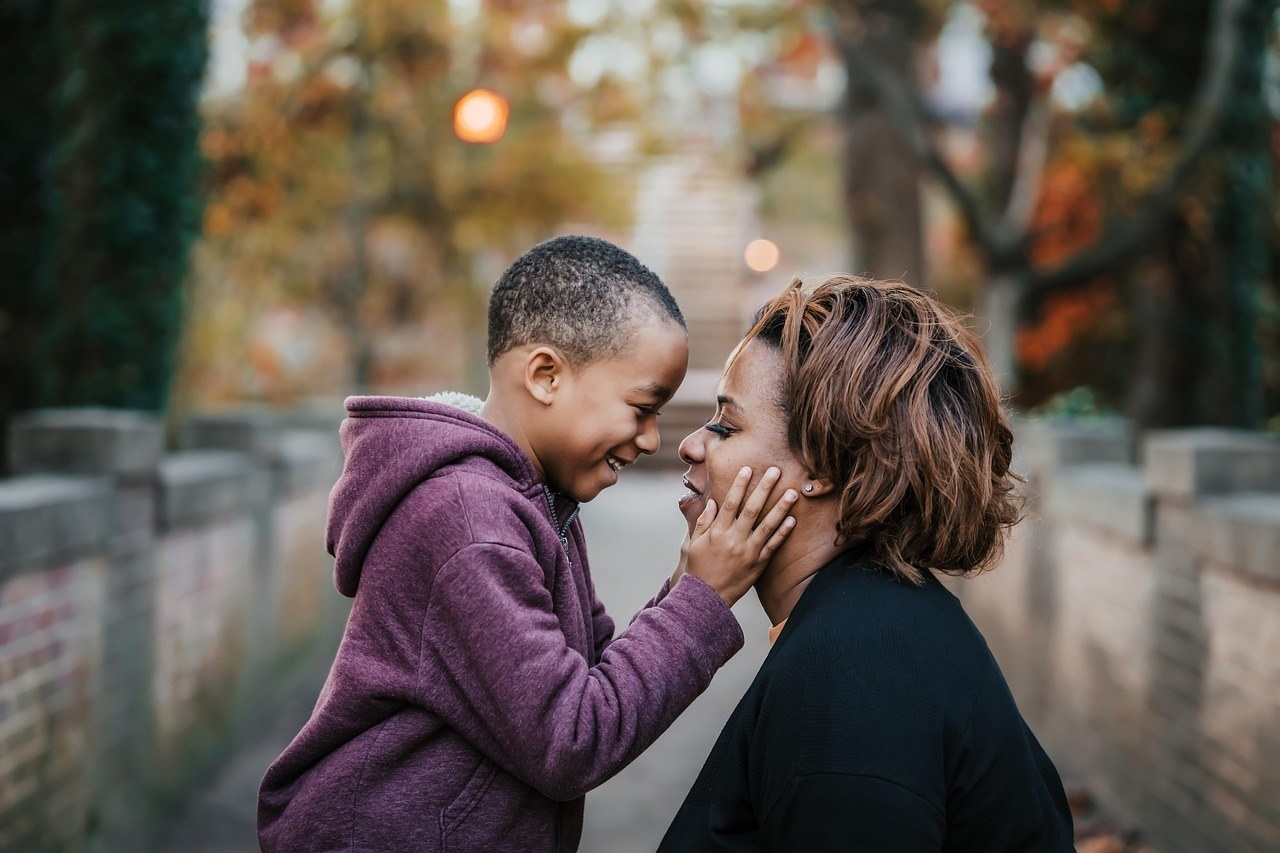When feelings surge toward someone who does not meet you halfway, it can feel like gravity has been turned up a notch. That ache has a name-unrequited love-and it is both common and deeply personal. This guide reframes the experience so you can understand what is happening, spot the patterns, and move yourself toward steadier ground without losing your dignity or sense of self.
What “unrequited” actually means
At its simplest, unrequited love describes a mismatch: you care for someone who does not return your feelings or cannot return them. Sometimes the person you desire likes someone else; sometimes they like you as a friend; sometimes they enjoy the attention but never invest. The daydream is seductive-your mind builds a warm future where the affection is mutual-yet reality pushes back. That mismatch is the core of unrequited love, and recognizing it clearly is the first act of self-respect.
Why it hurts so much
Attachment thrives on possibility. Your imagination offers a highlight reel-shared dinners, inside jokes, quiet weekends-while the relationship itself provides little nourishment. The distance between fantasy and the real dynamic becomes friction, and the friction becomes pain. Unrequited love stings because it breaks the narrative your heart is trying to write-because the “maybe” that kept you hopeful dissolves into a “no.” You can’t force closeness-love that is freely given is the only kind that lasts.

Common causes you can actually see
- Chemistry isn’t mutual. Attraction is complex and mysterious. You may feel sparks while the other person feels warmth, politeness, or nothing at all. That asymmetry doesn’t mean you are lacking; it means chemistry didn’t align.
- Chasing triggers retreat. If you pursue hard-constant messages, grand gestures, a vibe of urgency-many people feel crowded. Neediness can read as pressure, and pressure cools interest.
- Timing gets in the way. Sometimes the right person appears during the wrong chapter-fresh after a breakup, caring for family, healing, or simply not open to commitment. Circumstances can block reciprocity even when the connection feels real.
Variations you might recognize
- One-sided romance inside a relationship. You’re committed; they remain distant. You keep giving; they stop meeting you emotionally.
- Crushing on someone unavailable. They are partnered, engaged, or otherwise unable to date you-even if the chemistry seems tangible.
- Mutual attraction without availability. You both feel a pull, yet both of you are in other commitments. The feelings may be real, but acting on them would harm others and rarely leads anywhere steady.
- Longing for an ex who moved on. The relationship ended-perhaps only one of you wanted that-yet your heart still loops the greatest hits.
Unrequited love vs. a relationship that meets you back
Reciprocated affection looks ordinary in the best possible way-texting is simple, plans are mutual, body language is open, and effort flows in both directions. You do not have to decode every gesture. With unrequited love, you are forever trying to read tea leaves, waiting for a signal that never quite arrives. Mutuality breeds momentum; unrequited love breeds rumination.
How it feels from the inside
The hardest stretch often comes after you speak up-when you disclose your feelings and hear a gentle no or an awkward silence. The heart contracts; routines become colored by longing; even music and scenery seem to route back to the same person. If you stay in contact, the pull intensifies-every small kindness gets inflated into hope. Reducing contact, even temporarily, isn’t cruelty; it is oxygen. You don’t have to keep stepping into the same ache-unrequited love loses fuel when you stop feeding it with constant proximity.
Clear signs the feeling isn’t mutual
You cannot read minds, but you can read patterns. These behaviors, especially in combination, suggest unrequited love is in play.

- Delayed or absent replies. Messages vanish into the void-responses are sporadic, curt, or perfunctory.
- Uneven giving. You plan dates, buy gifts, run errands; they accept but rarely initiate or reciprocate.
- Affection avoidance. Hugs, cuddling, or lingering touch are scarce unless they want something else.
- Active flirting with others. They keep options open publicly while keeping you in the wings.
- Excuses about time. Free evenings appear for everything except you-rescheduling becomes the pattern, not the exception.
- Closed body language. Arms crossed, angled away, minimal eye contact-signals that say “not inviting closeness.”
- Low passion in intimacy. If you are involved sexually, the energy feels perfunctory rather than connected.
- Guarded phone habits. Secrecy around their device or social accounts suggests either privacy boundaries you’re not part of-or deception.
- Shaky stories. Small lies about whereabouts or plans indicate disinterest in accountability to you.
- Emotional solitude. You feel alone while “together,” shouldering effort without seeing it returned.
What unrequited love can do to you
There is a cost to carrying hope that isn’t rewarded. Self-doubt creeps in-“If only I were different.” Isolation follows-declining invitations, orbiting the crush, letting other connections fade. Stress rises-your nervous system stays on alert for crumbs of attention. None of this means you are broken-only that the situation is wearing grooves into your days. The fix is not to beg harder; it is to rebuild boundaries and redirect your care toward places where it lands.
How to move from longing to liberation
Freedom starts with clear-eyed acceptance and continues with daily acts that ground you in your own life. Use these steps-adapt them to your circumstances, and choose steadiness over drama.
- Name it plainly. Say the words to yourself: this is unrequited love. Clarity stops the mind from spinning plausible but false stories.
- Decide to stop chasing. Withdraw the extra texts, favors, and heroics. Generosity without reciprocity becomes self-abandonment.
- Offer forgiveness. They did not choose their feelings any more than you did. Forgiveness lightens your load-it is for you.
- Protect your distance. Reduce contact-mute threads, avoid late-night scrolling, skip casual hangouts that re-ignite hope. Distance is not spite-it is medicine.
- Confide in trusted friends. Say the difficult things out loud. Empathy interrupts isolation and brings perspective you can’t supply alone.
- Reclaim your routine. Sleep, movement, and real meals stabilize moods. Put anchors in your day-walks, journaling, creative time.
- Let yourself feel. Grief is not a failure-it is proof that you cared. Set aside time to cry, write, or sit with the ache, then re-enter your day.
- Set a no-fantasy boundary. When your mind queues the highlight reel, gently label it and switch tasks. Rumination keeps unrequited love on life support.
- Reframe the story. Lack of reciprocity is not a verdict on your worth-it is information about fit. The right match won’t need convincing.
- Stop the favors pipeline. Pause the rides, errands, and “rescue” missions that let them enjoy your energy without offering theirs.
- Shorten conversations. Be friendly, not flirty. Decline late-night heart-to-hearts that restart old loops.
- Invest in yourself. Learn a skill, start a project, or take a class. Progress quiets the noise and grows pride you can feel.
- Move your body. Walks, stretching, dancing-anything rhythmic-help discharge emotion. Mood follows motion.
- Create new memories. Plan small adventures-day trips, cooking nights, hiking, galleries. Fresh experiences stop your life from revolving around one person.
- Curate your soundtrack. Save the heartbreak anthems for another season. Build a playlist that lifts you-play it often.
- Try something daring. A solo trip, an open mic, a cold plunge-doing brave things recalibrates your sense of self.
- Date with lightness. You do not need to sprint into commitment-just meet new people. Exposure therapy for the heart works.
- Focus on people who show up. Give energy to friends and family who consistently care. Let their warmth counter the chill of unrequited love.
- Practice meditation or breathwork. Even five minutes of steady breathing can widen the space between feeling and reaction.
- Audit your patterns. If you often chase the unavailable, ask what payoff the chase provides-novelty, drama, protection from being truly known?
- Raise your standards. Minimum baseline: kindness, effort, and enthusiasm. If it is not a clear yes, let it be a no.
- Respect your future self. The choices you make today write tomorrow’s memories-choose the ones you’re proud to carry.
- Remember impermanence. Feelings shift-yours and theirs. Unrequited love is not a life sentence; it is a chapter.
- Celebrate small wins. Every day you text less, ruminate less, or choose yourself more is progress-mark it.
How long does this last?
There is no universal clock. For some, the intensity fades once contact eases; for others, letting go takes longer-especially when you see the person often. What reliably shortens the arc is reducing exposure, rebuilding your life beyond the crush, and telling a new story about what happened. Remember: unrequited love is, at bottom, a one-person fantasy. The tenderness you feel is real; the relationship you imagined is not. That distinction loosens the knot.

When extra support helps
Most people eventually regain balance, yet there are moments to bring in help. If your daily routine won’t restart, if sadness deepens into a depressive fog, if you spiral into harsh self-talk you can’t interrupt, or if thoughts of self-harm appear, reach out-friends, a trusted mentor, a counselor, a doctor. Support is not a sign of weakness-it is a wise response to pain. You deserve care that steadies you while you rebuild.
A different kind of closing note
You are not the only one to walk this road-nearly everyone has, and most later see it differently. Unrequited love can become a fierce teacher: it shows where you abandon yourself, where you settle for crumbs, where fantasy outruns fact. It can also become a pivot-toward relationships that feel easy, toward people who choose you back, toward days that are not organized around waiting. Your heart is not foolish for hoping; it is brave for learning to hope in better directions.
Putting it all together
- Call the dynamic by its name: unrequited love.
- Stop fueling it-less contact, fewer favors, no decoding.
- Strengthen your base-sleep, movement, community, creativity.
- Let grief move-then let life move, too.
- Choose people who choose you-consistently, gladly, openly.
Unanswered affection can feel like a tide that won’t turn-then, slowly, it does. Each choice to honor yourself-each boundary you keep, each routine you rebuild-tilts the water. In time the pull weakens, and your attention returns to a wider world. That world contains people capable of meeting you with warmth, curiosity, and care-people for whom your presence is not a puzzle to solve but a gift to receive.